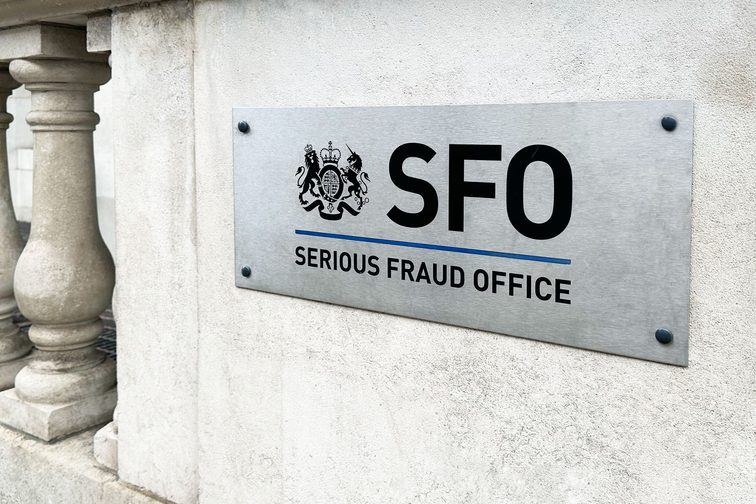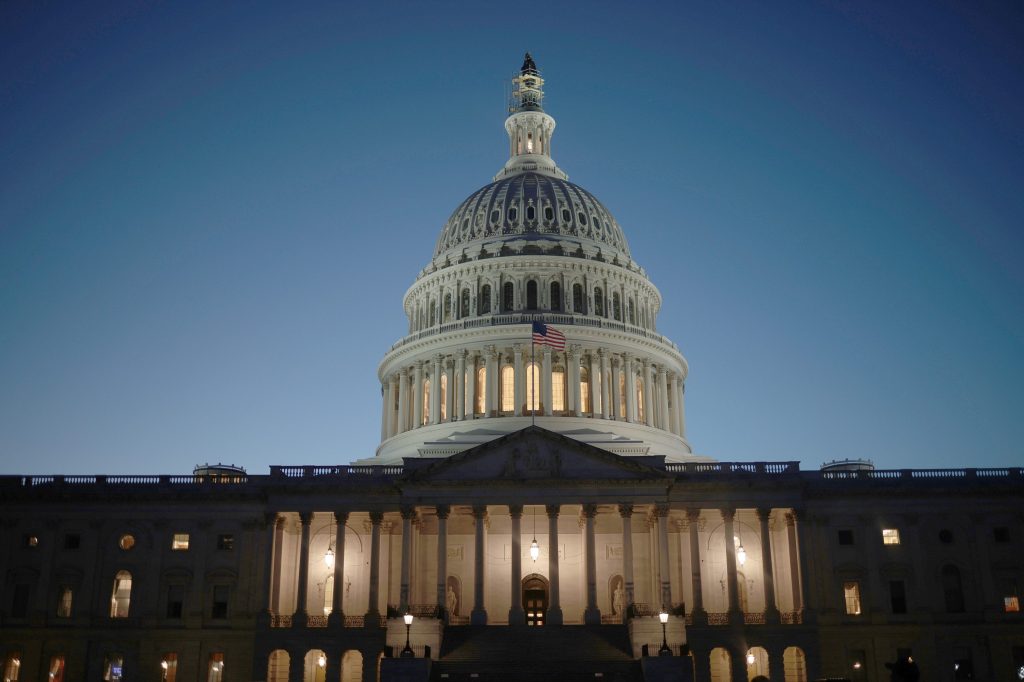The LRN 2023 Ethics & Compliance Program Effectiveness Report surveyed nearly 1,860 ethics and compliance professionals at large global organizations.
Ethics and compliance programs emerged from the pandemic with strengthened ethical culture. Some 85% of respondents reported that their ethical culture is stronger as a result of their experiences meeting challenges over the past year, while 84% of ethics and compliance professionals polled say their organizations relied on values, rather than rules, to motivate their employees to comply with corporate codes of conduct.
In 2022 the SEC published long-awaited rules requiring clawbacks if compensation is paid based on material misstatements in an issuer’s financial results. The Department of Justice’s (DOJ) Deputy Attorney General (DAG), Lisa Monaco, announced changes to the Department’s corporate criminal enforcement policies, making clear that personal responsibility for misconduct by corporate directors, executives, and employees is the department’s highest priority.
Despite a number of important changes brought in this year by regulators, LRN identified gaps in critical areas including risk mitigation, supply chain compliance, data metrics, board of directors’ engagement, effective training, and others.
But despite these important changes from regulators, LRN identified gaps in critical areas including risk mitigation, supply chain compliance, data metrics, board of directors’ engagement, effective training, and others.
Furthermore, 69% of organizations say their consideration of ethics and compliance risks or factors had led to them substantially modifying or abandoning a business initiative. Most ethical companies outperform others by 40% across key business metrics including employee loyalty, customer satisfaction, adaptability, innovation, and growth.
High-level influence
Some 60% of organizations report that their board of directors actively ensures that misconduct by senior executives or high performers is effectively addressed, and 79% say boards had taken an active role in ensuring any misconduct by senior executives was effectively addressed.
Overall 70% of boards of directors include members with compliance expertise. Given the emphasis by regulators on personal accountability and new, complex risks, boards and C-suites would be well advised to ensure that their organization’s program is resourced and supported, LRN says.
But weaknesses remain. Only 45% of firms have strengthened risk controls in this area, despite 25% identifying recent events such as the war in Ukraine and tensions with China and Iran as having dramatically changed the risk environment for any organizations that do business across borders.
A significant majority of respondents identified internal systems, staff shortages, budget constraints, employee disengagement, lack of authority, and cooperation from other departments and senior management as major obstacles to improving program effectiveness













